
Israelis waited Sunday to see whether nationalist hardliner Naftali Bennett would agree to join a governing coalition that could end the rule of the country’s longest-serving leader, Prime Minister Benjamin Netanyahu.
Lawmakers opposed to right-wing Netanyahu were in intense talks ahead of a Wednesday deadline, as a ceasefire held following the latest deadly military conflict with Islamist group Hamas in the Gaza Strip.
Netanyahu, 71, who faces trial on fraud, bribery and breach of trust charges which he denies, has clung to power through a period of political turmoil that has seen four inconclusive elections in under two years.
After a March vote in which Netanyahu’s Likud party gained the most seats but again failed to form a government, former TV anchor Yair Lapid is now trying to build a rival coalition.
READ | Palestinian man killed by Israeli forces in West Bank – security sources
Centrist Lapid has until Wednesday 11:59 pm local time to build a coalition of at least 61 deputies, a majority in the 120-seat Knesset.
The 57-year-old is seeking to forge a diverse alliance the Israeli media has dubbed a bloc for “change”, which would include Bennett as well as Arab-Israeli lawmakers.
In his determination to bring down the hawkish prime minister, Lapid has offered to share power and let Bennett, 49, serve the first term in a rotating premiership.
Bennett was expected to speak Sunday evening after a meeting with his party, a spokeswoman said.
Netanyahu, in office for 12 consecutive years after an earlier three-year term, tried to cling to power Sunday by offering his own, last-ditch power-sharing agreement to several former allies including Bennett.
He warned that Israel would otherwise be ruled by a dangerous “left-wing” alliance.
‘Desperate position’
A Lapid government would also include the centrist Blue and White party of Benny Gantz and the hawkish New Hope party of Netanyahu’s former ally Gideon Saar.
Avigdor Lieberman’s pro-settlement Yisrael Beitenu party as well as historically powerful Labour and the dovish Meretz party would also join.
The shaky arrangement would the backing of some Arab-Israeli lawmakers of Palestinian descent in order to pass a confirmation vote in parliament.
The intense talks follow weeks of escalating tensions between Israel and the Palestinians, including a deadly 11-day exchange of rocket fire from Gaza and devastating Israeli airstrikes.
READ | US state secretary Anthony Blinken lands in Israel to support ‘efforts to solidify’ ceasefire
The war with Hamas that ended with a May 21 truce, as well as tensions in the occupied West Bank and in mixed Jewish-Arab towns in Israel, initially appeared to leave Netanyahu more likely to hold onto power.
But political scientist Gayil Talshir at Hebrew University told AFP on Sunday that Israel was now “closer than ever” to a coalition of change, adding that “Netanyahu is in a desperate position”.
Netanyahu’s Likud party won 30 seats in the March elections but failed to form a governing coalition after his far-right partners refused to sit with Arab factions or receive their support.
Lapid, whose party won 17 seats, was then given four weeks to form a government.
Netanyahu had previously pushed for yet another election, which would be the fifth since April 2019.
“Now that he sees a change coalition may be announced this evening or tomorrow, he has to move forward with a more serious deal,” Talshir told AFP.
More elections?
On Sunday Netanyahu offered a rotation agreement to Bennett and Saar. But Saar said he remained committed to “replacing the Netanyahu regime”.
Netanyahu in a video then called on Saar and Bennett to “come now, immediately” to meet him and join a three-way rotation government, warning they were “in crucial moment for the security, character and future of the state of Israel”.
Lapid’s “change” coalition also still faced several obstacles.
Some right-wing lawmakers object to a partnership with politicians from Israel’s Arab minority, around a fifth of the population.
The recent Gaza conflict sparked inter-communal clashes between Jewish and Arab Israelis in mixed cities.
Arab politicians have also been divided about joining a government headed by Bennett, who supports expanding Israeli settlements in the occupied West Bank, where Palestinians hope to create a future state.
Even with support from an Arab party, a new coalition in Israel is unlikely to reverse years of Israeli settlement construction or bring peace any time soon with Hamas in Gaza.
If the anti-Netanyahu camp does not manage to form a government on time, a majority of 61 lawmakers could vote to ask the president to name a new premier.
Another scenario would be for the country to gear up for yet another general election — Israel’s fifth in a little more than two years.
24World Media does not take any responsibility of the information you see on this page. The content this page contains is from independent third-party content provider. If you have any concerns regarding the content, please free to write us here: contact@24worldmedia.com
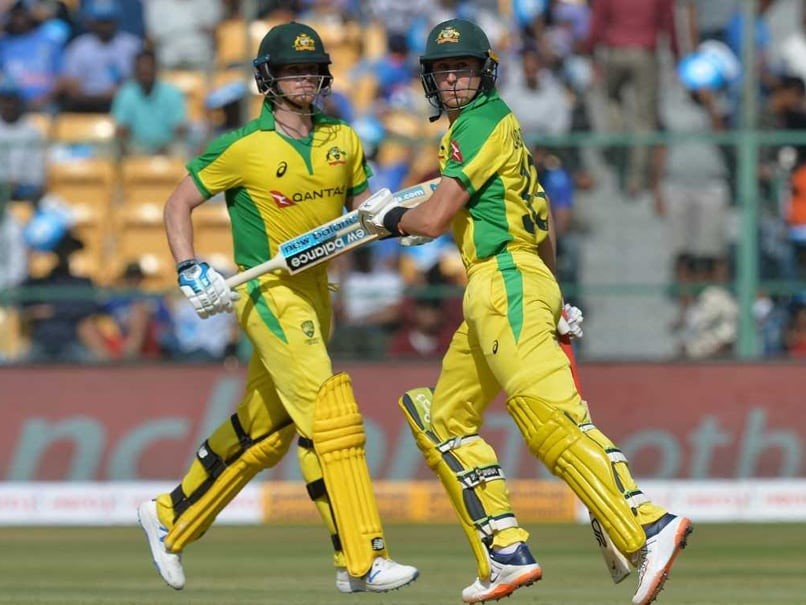
Marnus Labuschagne Caught Off-Guard By ODI Captain Call After Steve Smith Snub
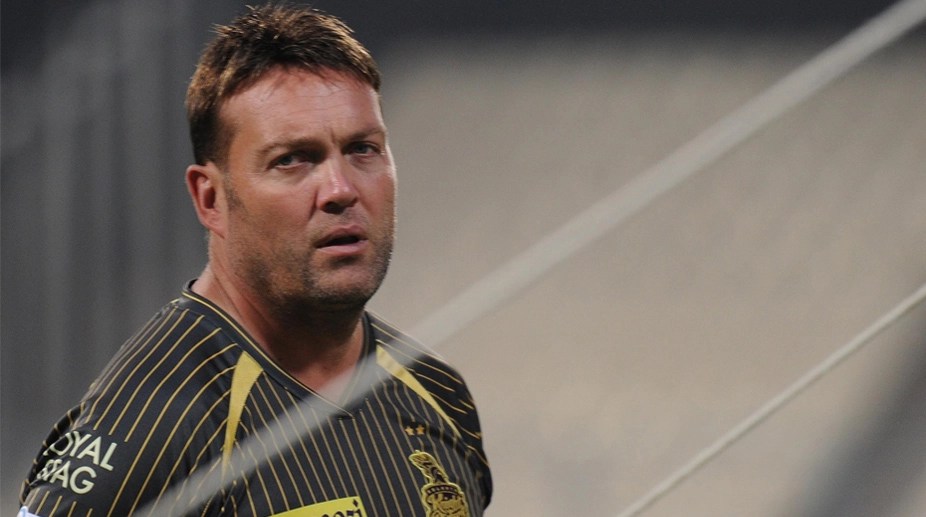
Everyone Is Looking Forward To It, The Standard Will Be Very High – Jacques Kallis On CSA’s SA20
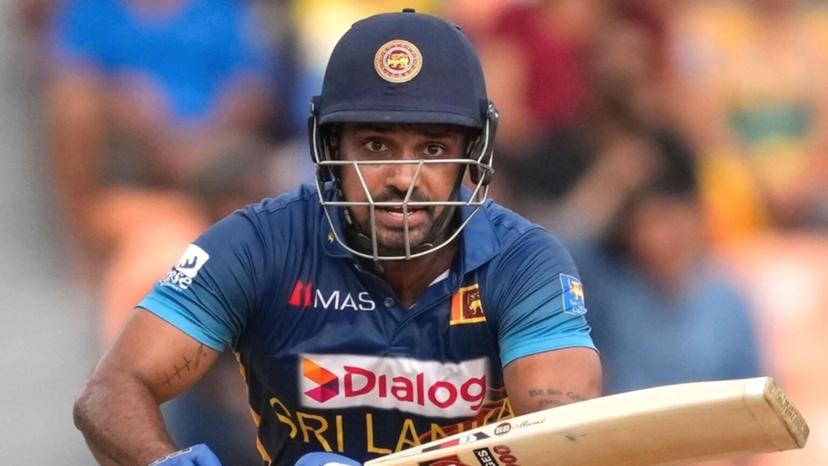
Danushka Gunathilaka Granted Bail On Sexual Assault Charges
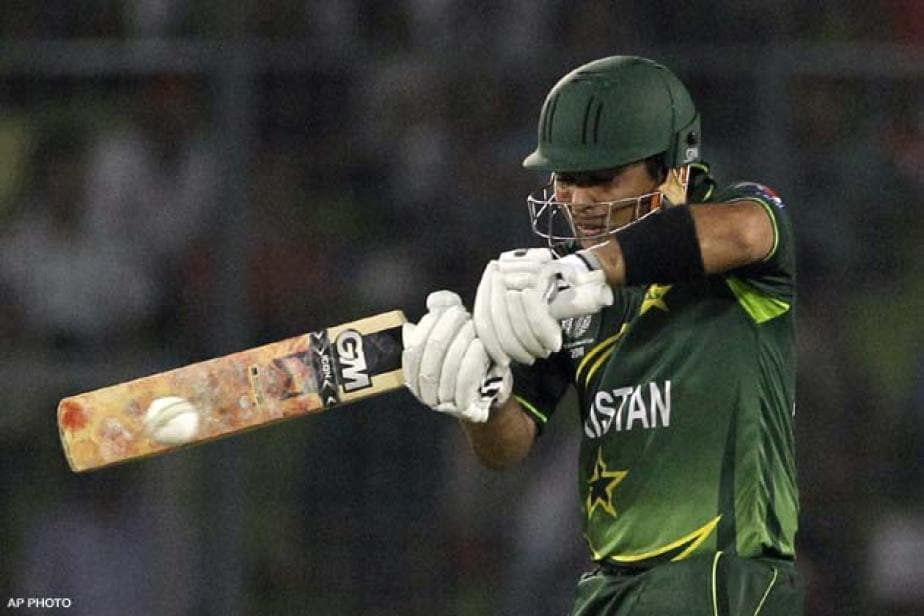
Ramiz Raja Sends Legal Notice To Kamran Akmal For Defamatory, False Claims Against The Board
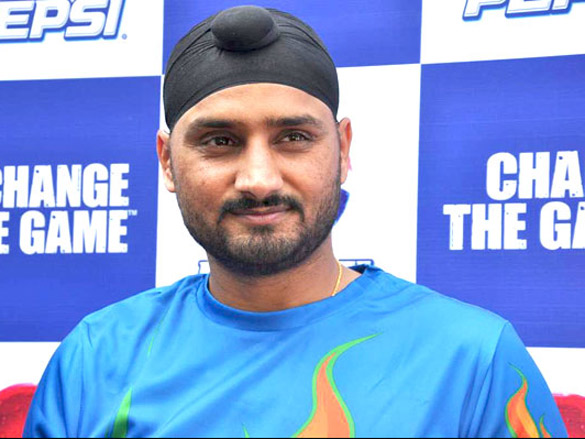
Harbhajan Singh Reckons Mumbai Indians Should Release Kieron Pollard Ahead Of The IPL Auction 2023
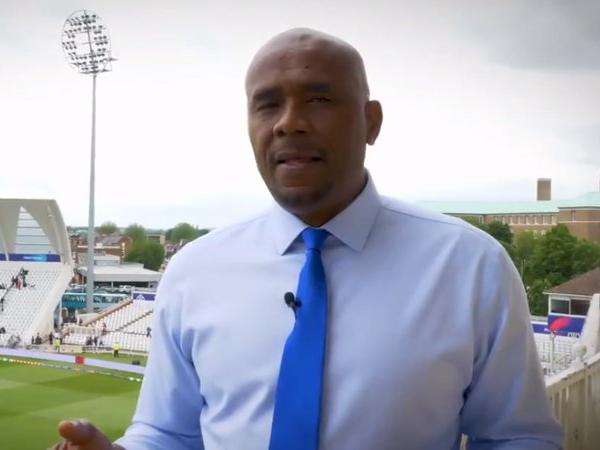
Ian Bishop Praises Sam Curran For His Performances On Bouncy Australian Tracks

Why Choose A Career In Child Psychology?